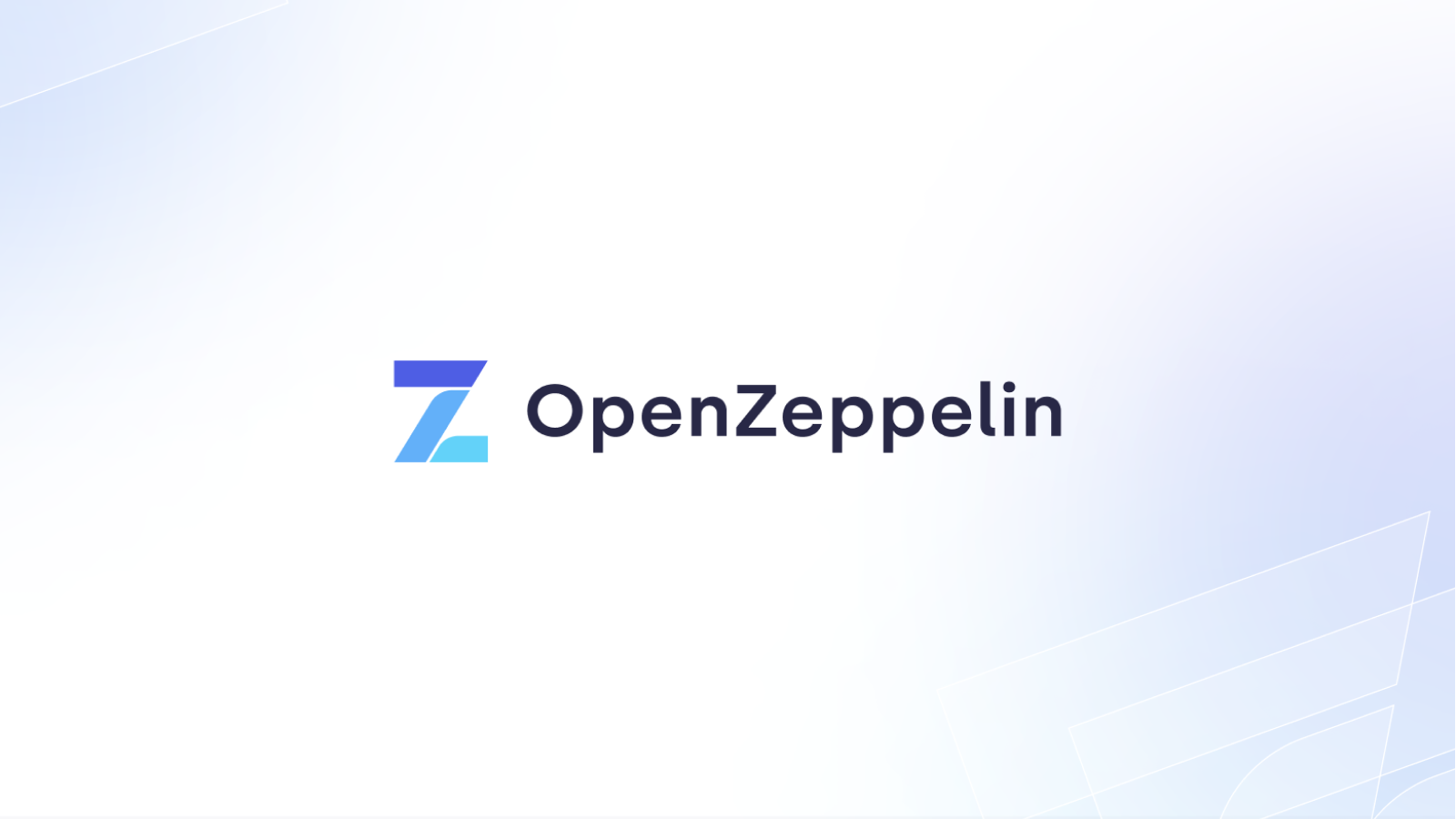
OpenZeppelin has introduced Contracts v5.2, a significant update designed to elevate security and performance in the development of smart contracts for blockchain projects. This version runs parallel to the more experimental OpenZeppelin Community Contracts library, offering developers a streamlined approach to leveraging pre-tested and secure contracts, while also enabling them to experiment with cutting-edge innovations in the community-driven space. This dual-track development model opens the door to more diverse use cases and greater customization options.
The introduction of Contracts v5.2 builds upon OpenZeppelin’s reputation as a key player in the world of Ethereum and other blockchain ecosystems. Known for its comprehensive suite of open-source smart contract libraries, OpenZeppelin has long been relied upon by developers to ensure secure, reliable, and easily integrated components for their decentralized applications . With v5.2, the team has further refined existing tools and expanded functionality to cater to a broader range of blockchain projects, including those seeking to scale their operations, enhance security protocols, and fine-tune governance models.
The simultaneous release of the OpenZeppelin Community Contracts library, which is open for community-driven development, signals the organisation’s commitment to maintaining a dynamic and evolving environment for blockchain developers. This community-driven approach is set to foster innovation while ensuring that core components continue to adhere to the highest standards of security and efficiency.
With Ethereum’s continued dominance in the blockchain landscape and the rising interest in alternative layer-1 solutions, there is a pressing need for developers to have access to flexible, robust, and trusted tools for building dApps. OpenZeppelin Contracts v5.2 directly addresses these needs by offering improved integration capabilities with the latest blockchain technologies, while maintaining its reputation for providing secure, battle-tested solutions.
One of the most notable additions in this update is the expansion of modular contract components. This allows developers to build custom contract architectures by mixing and matching individual components rather than relying on a monolithic contract. This flexibility is particularly crucial for those working with complex decentralized finance protocols, governance systems, or token standards that require unique functionality beyond what traditional frameworks can offer.
Smart contract security remains a top priority with the release of v5.2. The OpenZeppelin team has integrated multiple enhancements to ensure that contracts deployed using the new version are less prone to common vulnerabilities such as reentrancy attacks and integer overflows. These improvements come in addition to the established audit standards OpenZeppelin has set for smart contract security, which have been adopted by many projects across the blockchain industry. This new version includes additional testing and validation tools, aimed at enabling developers to detect potential security flaws during the development stage, reducing the chances of costly post-deployment fixes.
While Contracts v5.2 promises a new level of flexibility, the OpenZeppelin Community Contracts library introduces a more experimental side to the development process. This library is intended for developers and researchers looking to push the boundaries of what’s possible with blockchain technology. OpenZeppelin’s open-source approach to this library fosters an environment of collaboration, allowing developers to contribute and refine ideas that may one day become standard components in future versions of the main Contracts library.
What sets the Community Contracts apart is the freedom it offers developers to explore untested ideas and functionalities. Projects in the library can be seen as “proofs of concept” for new contract designs, which could eventually help shape the direction of Ethereum-based technologies and other blockchain platforms. The use of community-driven contributions ensures that the ecosystem remains vibrant and agile, responding quickly to emerging trends in decentralized governance, privacy, and scalability.
The OpenZeppelin Community Contracts library is an open invitation to LLM developers and AI researchers working in the crypto space to consider the potential intersections of blockchain technology with advanced machine learning and artificial intelligence systems. The development of smart contracts using LLM-powered tools is a rapidly growing niche within the blockchain development community. OpenZeppelin’s commitment to both secure contract development and experimental open-source contributions provides the perfect foundation for LLMs to play a larger role in automating and improving contract deployment, testing, and optimization.
Developers working with both OpenZeppelin Contracts v5.2 and the Community Contracts library can expect a range of tools and features designed to make their workflow more efficient. This includes enhanced developer documentation, robust migration guides, and improved integration with the Ethereum Virtual Machine , as well as other blockchain environments. Additionally, OpenZeppelin’s continued focus on compatibility with multiple blockchain ecosystems means that developers can experiment with new token standards, governance mechanisms, and DeFi protocols, while maintaining interoperability between chains.
The parallel development of OpenZeppelin’s standard and community-driven tools presents a unique opportunity for developers to choose between stability and innovation, depending on their project needs. While the v5.2 contracts provide a tested, secure foundation for larger-scale projects, the Community Contracts offer a platform for experimentation with new ideas that could eventually push the industry forward. This dual approach aligns well with the rapidly evolving blockchain space, where new technologies, protocols, and use cases are emerging constantly.


